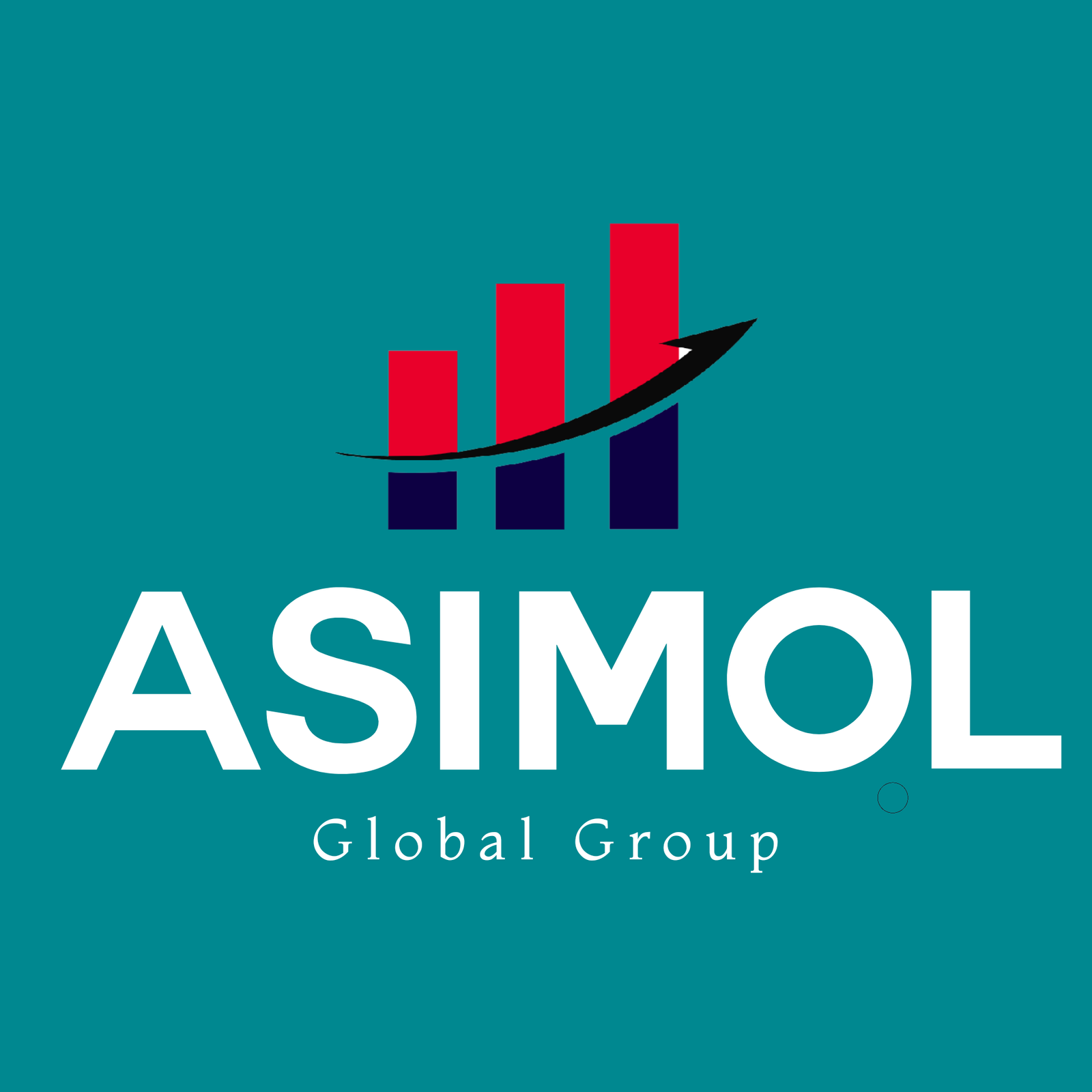
Introduction
As an international business development consultant, your role is crucial in helping companies expand their operations globally. Whether you are working with small startups or large multinational corporations, your expertise is invaluable in navigating the complexities of international markets.
1. Research and Analysis
One of the first steps in international business development is conducting thorough research and analysis. This includes studying the target market, understanding the local culture, identifying potential competitors, and analyzing the regulatory environment. By gathering relevant data and insights, you can provide valuable recommendations to your clients.
2. Market Entry Strategies
Once you have gathered the necessary information, it’s time to develop market entry strategies. This involves identifying the most suitable entry mode, whether it’s through direct exporting, licensing, joint ventures, or establishing a wholly-owned subsidiary. Each approach has its own advantages and challenges, and your expertise will help your clients make informed decisions.
3. Networking and Relationship Building
In international business, building strong relationships is crucial for success. As a consultant, you can leverage your network to connect your clients with potential partners, suppliers, distributors, and customers in the target market. Attending industry events, trade shows, and business conferences can also provide valuable networking opportunities.
4. Cultural Sensitivity
When working with clients from different cultures, it’s essential to be culturally sensitive. Understanding and respecting cultural differences can help you build trust and establish effective communication channels. This includes being aware of local customs, etiquette, and business practices. Your ability to bridge cultural gaps will enhance your credibility as a consultant.
5. Risk Management
International business development comes with inherent risks. It’s crucial to identify and mitigate these risks to protect your clients’ interests. This includes conducting thorough due diligence, assessing political and economic stability, considering legal and regulatory frameworks, and developing contingency plans. Your expertise in risk management will give your clients confidence in their international expansion.
6. Continuous Learning
The field of international business is constantly evolving, with new trends, technologies, and market dynamics. As a consultant, it’s important to stay updated with the latest developments. Continuously learning and expanding your knowledge will enable you to provide innovative solutions to your clients and stay ahead of the competition.
Conclusion
Being an international business development consultant requires a combination of research, analysis, networking, cultural sensitivity, risk management, and continuous learning. By mastering these skills, you can help your clients navigate the complexities of global markets and achieve their international expansion goals.



